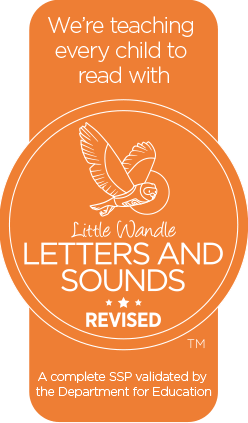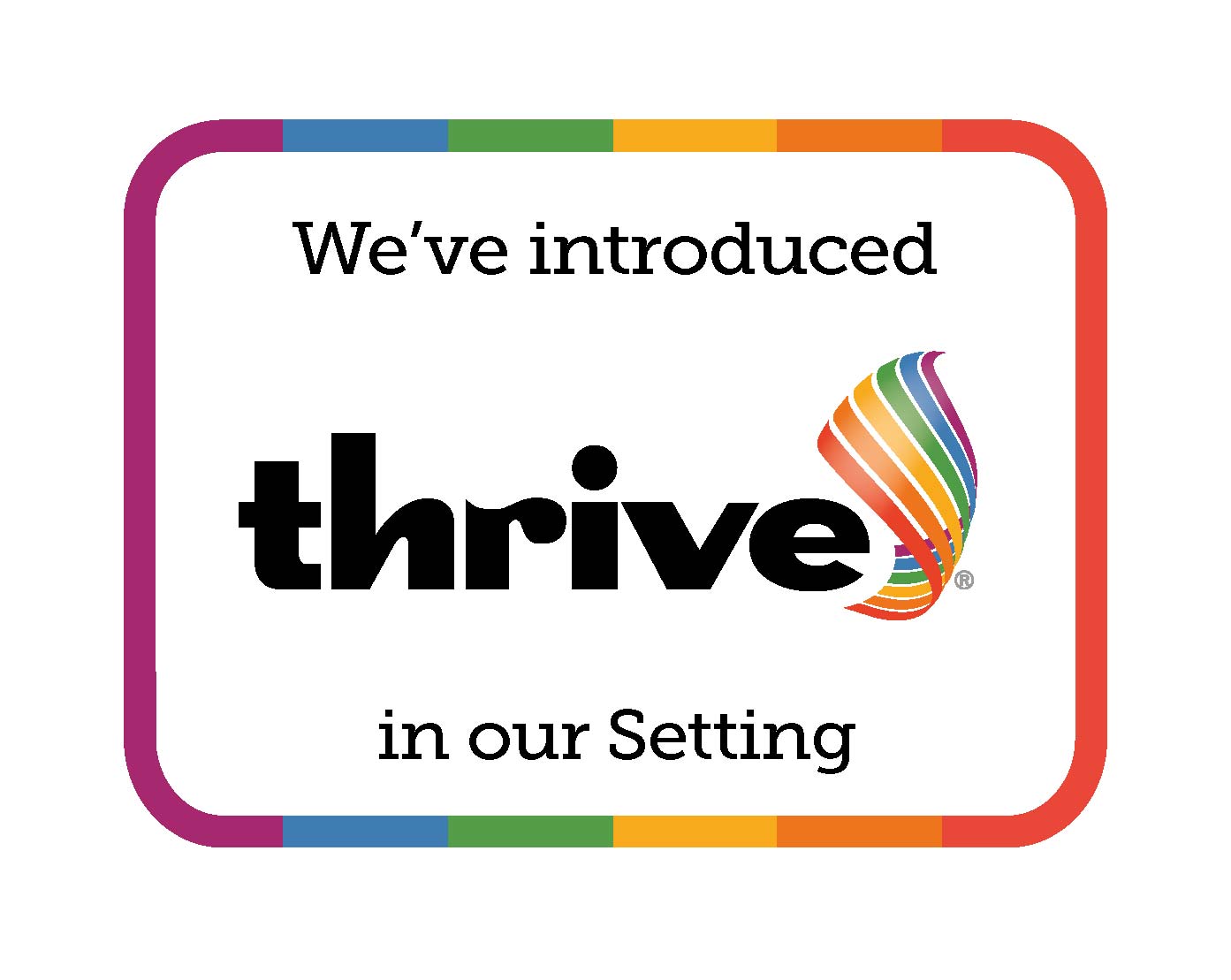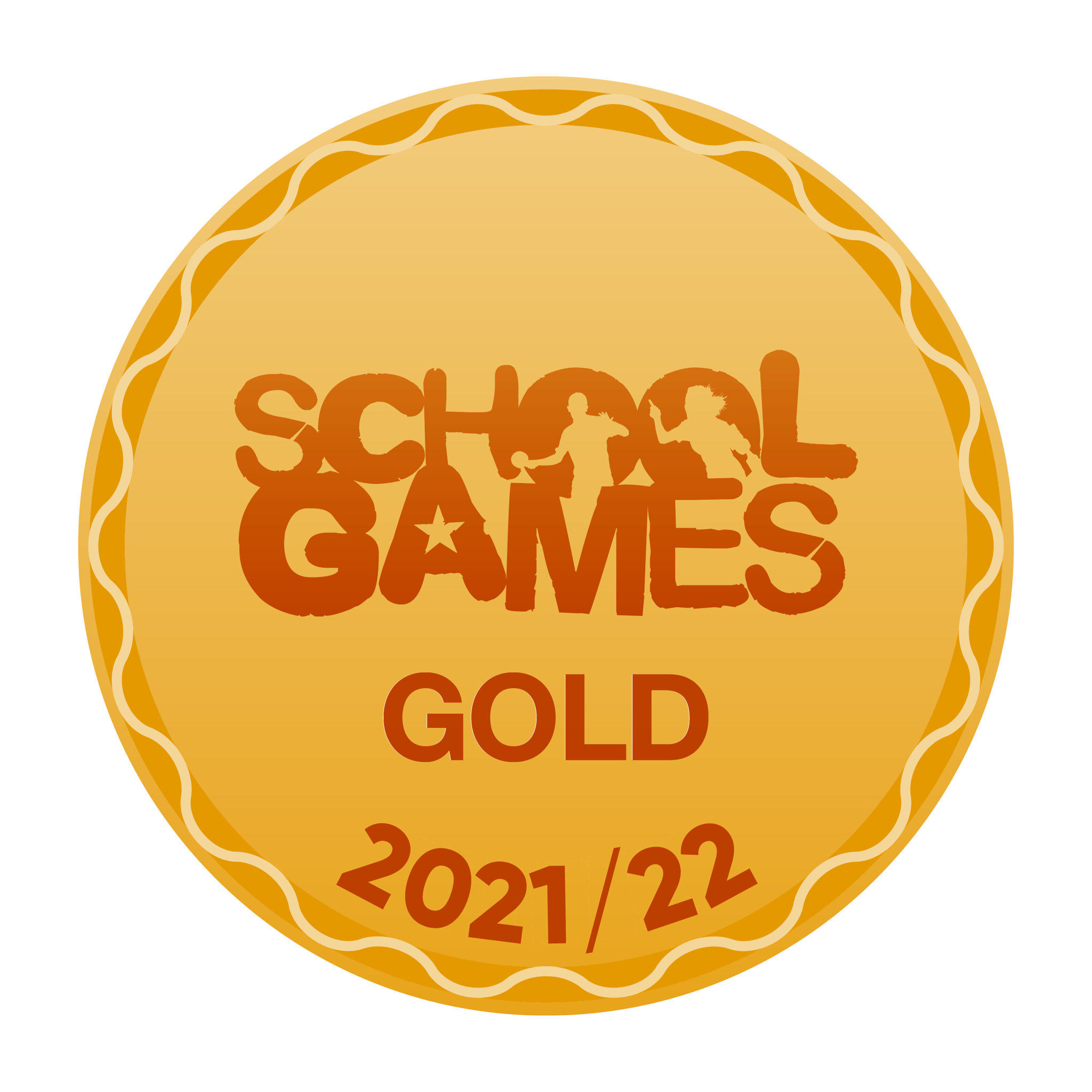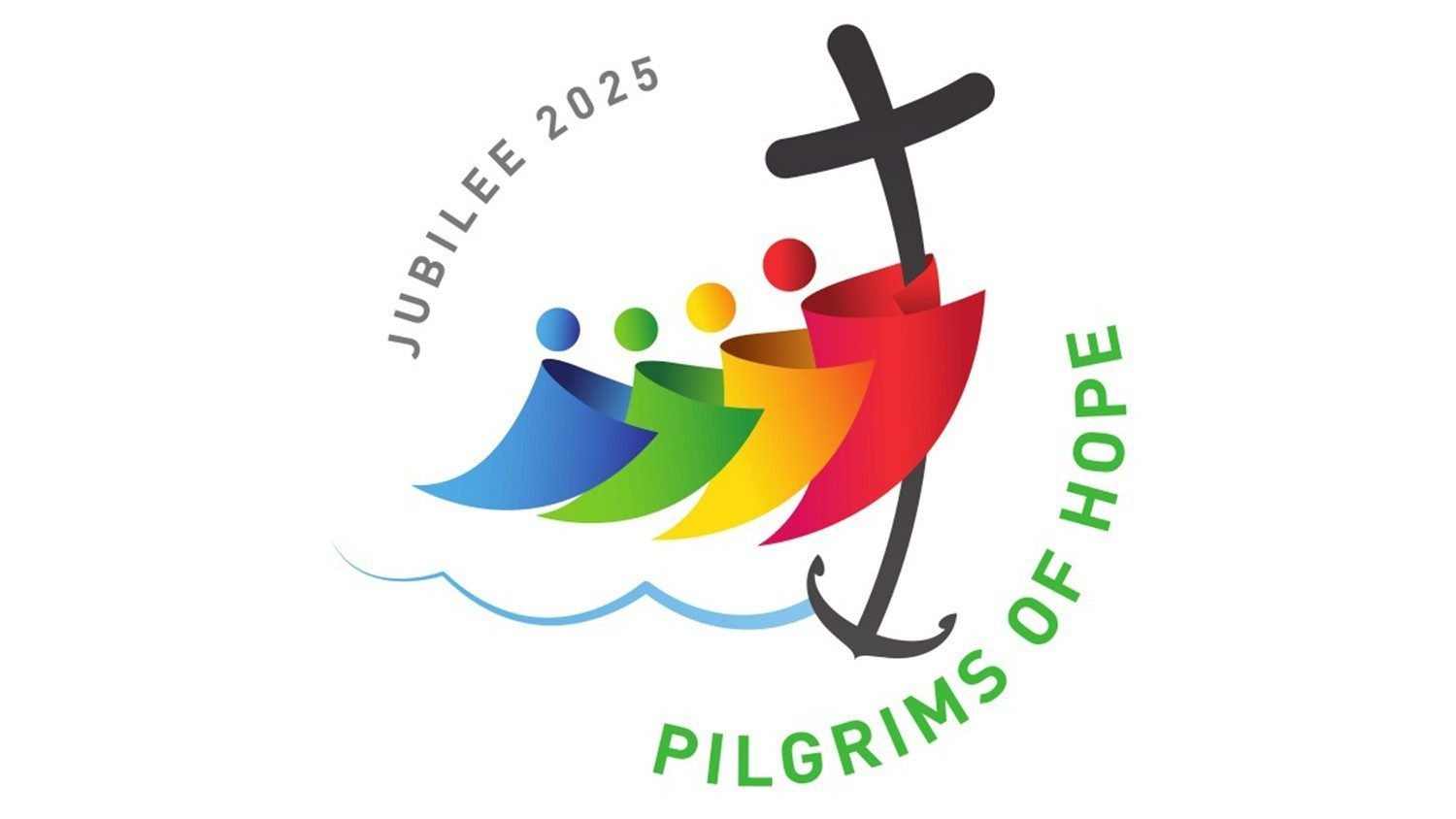St. Edmund’s Catholic Primary School
Religious Education Intent Document
In the life of faith of St Edmund’s Catholic Primary School Religious Education plays a central and vital role. At the heart of Catholic education lies the Christian vision of the human person. The beliefs and values studied in Catholic Religious Education inspire and draw together every aspect of the life of a Catholic school. We are committed to providing a rich RE curriculum, where all pupils have the right to receive an overall education which will enable them, in the light of the faith of the Church, to engage with the deepest questions of life and find reasons for the hope which is within them.
Implementation
At St Edmund’s Religious Education is the core subject area in our Catholic school. We follow the Come and See programme of Religious Education recommended by the Archdiocese of Liverpool. The aim of this programme is to explore the religious dimensions of questions about life, dignity and purpose within the Catholic tradition.
Each year group, from Reception to Year 6, cover a range of focus topics throughout the academic year, all linked by a central theme and a Big Question. The topics coincide with the Catholic Church’s liturgical calendar. However, the depth in which the topic is explored is dependent upon the respective age of the child. For example, during Lent, whilst all children will learn about the plight of Christ, our Early Years children will consider the importance of growing and new life; Key Stage 1 children explore the effect of change and opportunities, with Key Stage 2 children considering the importance of self-discipline, sacrifice, death and new life.
The Catechism of the Catholic Church addresses the human search for meaning, God’s initiative in Revelation who comes to meet us and our response of faith.26 This pattern guides the structure of the programme and informs the process of each topic, opened up through; Explore, Reveal and Respond.
Explore
This is the introduction to the topic where the children’s life experience is explored, the question(s) it raises are wondered at, shared, investigated and their significance reflected upon.
Reveal
This is the heart of the programme where knowledge and understanding of the Catholic faith is revealed through the Word, in Scripture, Tradition, doctrine, prayers, rites and Christian living.
Respond
This is where learning is assimilated, celebrated and responded to in daily life. Children remember and celebrate all they have learnt and apply their knowledge individually.
We teach our children in mixed aged classes; therefore, substantive knowledge will be taught over a two cycle (A & B). Our children are given regular opportunities to apply their learning during discussions and activities focused on the skills outlined in the age-related standards for Religious Education. Children are given ample opportunities to apply and use their knowledge and skills within cross-curricular links.
Other World Faiths:
At St Edmund’s we, along with the Catholic Church, firmly believe the teaching of ‘Other Faiths’ is important for our children because:
- Learning about the religion and cultures of those who do not share the Catholic faith is one of the ways in which we embody the call ‘to love one’s neighbour’.
- We seek, through the learning of other faiths to try to understand better the religion of our neighbours, and to experience something of their religious life and culture.
- Many of the children in Catholic schools are practicing members of other faiths and our school needs to be a place of love and respect for all our children. It is an act of respect and courtesy that our curriculum helps them to reflect on the nature of their own religious identity.
- It prepares the pupils in our Catholic schools for life in a modern Britain, giving them an understanding of the beliefs of others. This in turn will improve social cohesion and contribute to the common good by increasing mutual respect between those of different religions.
At St Edmund’s we teach Judaism is the Autumn Term. Early Year, Key Stage 1 and Key Stage 2 display their work and celebrated the week with a whole school assembly. In the Summer term, Key Stage 2 study Islam and EYFS and Key Stage 1 study Hinduism. A celebration of this week also takes place.
Impact
Our R.E curriculum offers high quality and well-planned lessons, which encourage progression. Key vocabulary and driver words are embedded in each lesson. Continuity and progression are in-built within the curriculum. These are broken into year group expectations.
In order to ensure our aims have been met, we scrutinise learning through:
- Assessing children’s understanding of the topic including linked vocabulary before and after the unit is taught.
- Talking to children during the lesson to ensure they have understood the learning objective – Assessment for learning.
- Mark completed work – Assessment for learning
The above enables the teacher to make an informed judgement on the children’s understanding and records them against the age-related standards on the school tracking tool ‘itrack’.
.png)






